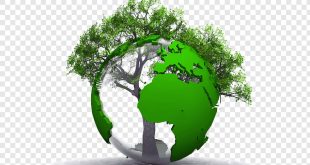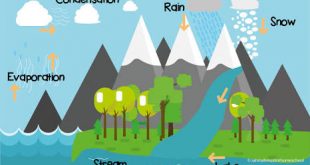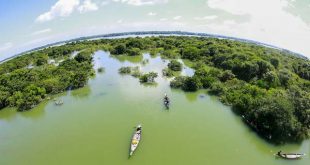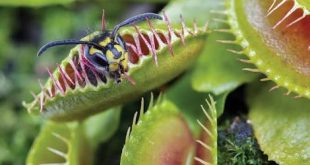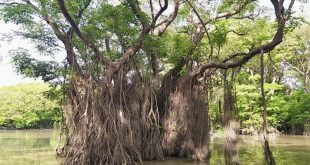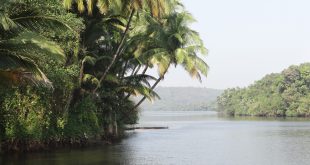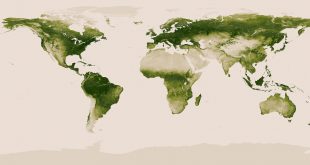Ecological succession is the process of change in the species structure of an ecological community over time. It is the gradual process by which ecosystems change and develop over time. In this article, Types, Examples, Causes and Varoius models of Ecological Succession will be discussed in detail. Definition Ecological succession …
Read More »Biogeochemical Cycle ( Part- 2)
[Click here to read ‘Bichemical Cycle (part- 1 )’ ] Threats to the Carbon Cycle Decline in forest growth. Killing of ocean phytoplankton due to rising sea temperatures. Death of forests due to spread of disease and insects. Melting permafrost layer (In geology, permafrost or permafrost soil is soil at or …
Read More »Biogeochemical Cycles (part- 1)
Definition A biogeochemical cycle or nutrient cycle is a pathway by which a chemical element or molecule moves through both biotic (biosphere) and abiotic ( lithosphere, atmosphere, and hydrosphere ) compartments of Earth. ★Nutrient cycle involves 2 general phases- The environmental phase – in which the chemical nutrient is present in …
Read More »Ecology: Definition, Subdivisions & Scopes
Ecology is the scientific study of the interactions that determine the distribution and abundance of organisms. It is the total relationships of animals to both its organic and inorganic environment’. It can be said that there is very little that is not ecology. In this article, the Definition, Subdivision, and …
Read More »Adaptation Of Plants
Do you ever notice any cacti in a normal field or pond? Or ever seen any Mango, Jackfruit, or other fruiting trees in the seashore? It’s not to happen. And here comes the fact of adaptation of plants in different habitats. Adaptations are special features that allow a plant or …
Read More »Halophytes: Adaptation in Saline Environment
Plants that survive in the saline condition are known as halophytes. Since halophytes can not easily absorb water, they develop almost all important xerophytic devices for optimum use of water. Habit Majority of halophytes in the tropical and subtropical regions are shrubs (dome-shaped), but a few of them are herbaceous …
Read More »Ecosystem components, Biome & Food Chain
Definition An ecosystem is a structural and functional unit of the nature where there functional unit of the nature is interactions between living organisms and nonliving components and that living components determine the flow of energy and nutrients.e.g. pond ecosystem, forest ecosystem etc. Ecosystem performs 2 major functions : flow …
Read More »Adaptation of Hydrophytes & Xerophytes
Do you know how plants adapt them in hydrophytic and xerophytic conditions? From the very beginning of the formation of the earth, the environment is changing day by day. As a result, each and every organism in here, need to make itself fit with the changes happening around. From that …
Read More »A Preliminary Guide on the Ecosystem and the Earth’s Structure
Biology, a mother science concerns everything related to life. It considers both plant and animal kingdom and also the world that we can’t see but abounded with minute life. Considering the aspects of living beings, this science sometimes needs to go beyond the living world to understand the correlation between …
Read More »Bionic plant: Detector of Deadly Landmines
Introduction We all heard the term “Plant”. Whenever this term arises the first view that comes to our mind is a substance that stands for providing foods, shelter, shade and basic things which are must for our existence on earth. What if the plants could tell itself whether there is …
Read More » Plantlet The Blogging Platform of Department of Botany, University of Dhaka
Plantlet The Blogging Platform of Department of Botany, University of Dhaka
